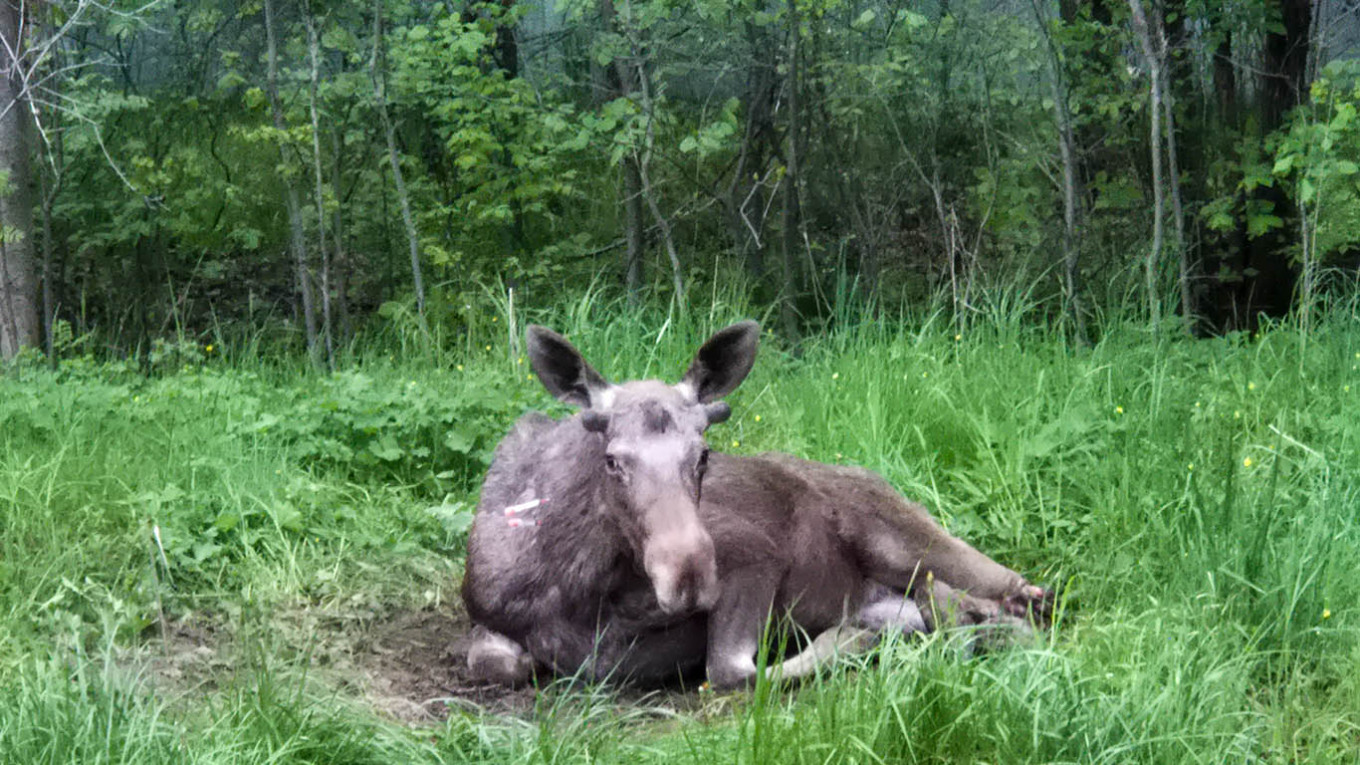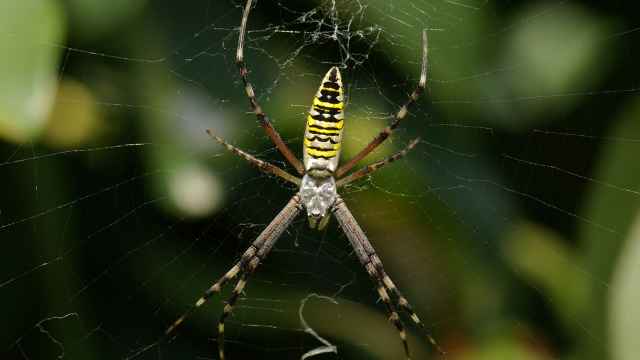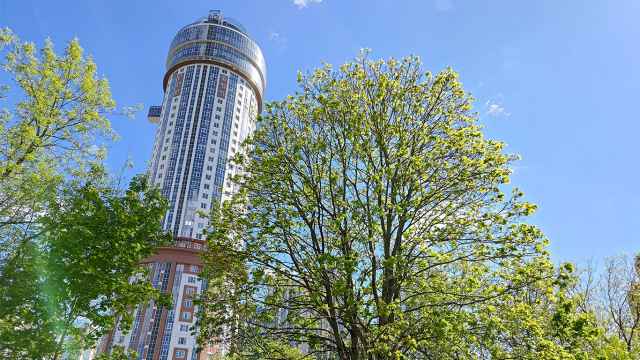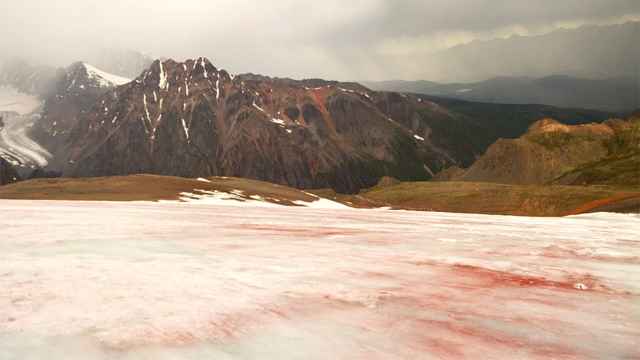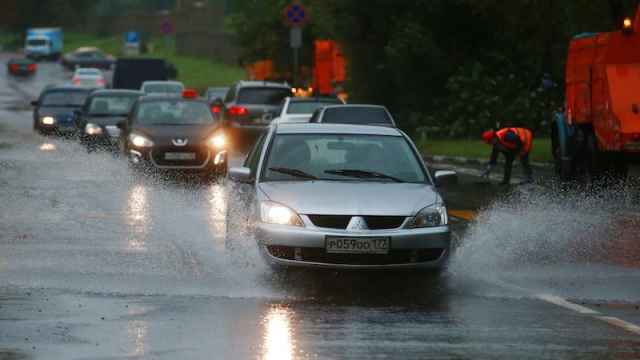After being fined last month for protesting against the construction of a roadway through a national park near Moscow, 62-year-old Irina Kuriseva recently returned to check on the site.
“We only want to defend nature,” she told AFP at Losiny Ostrov National Park, a nature reserve northeast of Moscow that spans around 130 square kilometers (50 square miles) and is home to hundreds of species, including endangered birds.
With dissent in Russia largely silenced since the full-scale invasion of Ukraine, environmental activism has become increasingly risky. One activist, speaking on condition of anonymity, said authorities had become “completely indifferent,” easing laws in favor of polluters and developers.
On Moscow’s outskirts, rapid housing development has worsened traffic on existing roads, giving fresh urgency to environmental concerns. In Korolyov, a town of 200,000, authorities approved building a highway through Losiny Ostrov National Park to ease congestion and link new apartment complexes.
In July, Kuriseva and five others blocked construction equipment in the forest. They were arrested, spent a night in police custody, and were fined. “We were interrogated as though we were criminals who had killed someone,” Kuriseva said.
Russian law bans construction in national parks, but local authorities argued the project was a “repair” to an existing road. Environmental lawyer Dmitry Trunin called that claim “falsification and fraud,” noting the route was previously just a ranger track that had degraded into a forest path. Activists said crews spread “asphalt powder” on the path to classify it as a road.
The roadway project, with a price tag of around $6.3 million, is set for completion by March 2026, according to the Transportation Ministry.
Protester Mikhail Rogov said a judge smiled during his hearing and told him and other protesters: “If you don’t want any problems, sign these papers, pay your fines and you’re free.” The same judge, Maria Loktionova, sentenced environmental activist Alexander Bakhtin in 2023 to six years in prison for social media posts criticizing the invasion of Ukraine.
Despite the crackdown, opponents of the road project have appealed to President Vladimir Putin. In June, around 1,000 people lined up outside the presidential administration in Moscow to submit complaints. Putin last visited the park in 2010, calling nature “a gift from God” that must be “protected.”
This year, the Kremlin is less interested. “This is a question for the regional authorities. Don’t get the president involved,” spokesman Dmitry Peskov said in July, adding that environmental protection “should not be a barrier to development and the comfort of the lives of citizens.”
Trunin said it is becoming “harder and harder to defend the truth in court” as authorities close ranks around such projects.
“The power vertical makes decisions, and law enforcement and monitoring agencies obey,” he said.
A Message from The Moscow Times:
Dear readers,
We are facing unprecedented challenges. Russia's Prosecutor General's Office has designated The Moscow Times as an "undesirable" organization, criminalizing our work and putting our staff at risk of prosecution. This follows our earlier unjust labeling as a "foreign agent."
These actions are direct attempts to silence independent journalism in Russia. The authorities claim our work "discredits the decisions of the Russian leadership." We see things differently: we strive to provide accurate, unbiased reporting on Russia.
We, the journalists of The Moscow Times, refuse to be silenced. But to continue our work, we need your help.
Your support, no matter how small, makes a world of difference. If you can, please support us monthly starting from just $2. It's quick to set up, and every contribution makes a significant impact.
By supporting The Moscow Times, you're defending open, independent journalism in the face of repression. Thank you for standing with us.
Remind me later.


